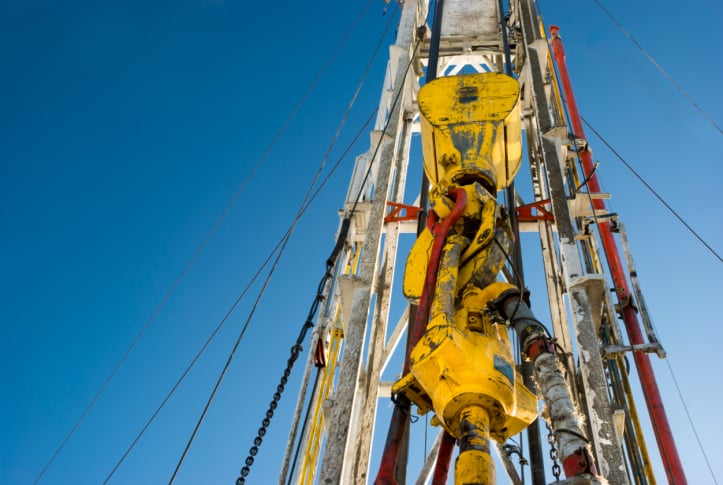Americans Like Keystone XL, Don’t Like Fracking
September 27, 2013 by Paul Ausick
The research, published on Thursday, offers an interesting look at what people know, what they think they know, and what they don’t know about the U.S. energy landscape. The result that really struck us was that only 48% of those surveyed know that U.S. energy production has increased in the past few years, and only 34% say that the increase is mainly attributable to more production of oil and gas.
Then there’s this:
There is no indication that awareness of the nation’s growing energy production is related to energy policy attitudes. For instance, among those who know that energy production is growing mostly from traditional sources, 57% prioritize developing alternative energy sources. That is about the same percentage (58%) among those who do not know this.
In other words, environmentalists who favor policies that would increase alternative energy production and don’t know that recent increases come mainly from traditional sources are no more likely to support alternative energy policies than is the drill-baby-drill crowd. Now that’s odd.
Or is it? It could be that both sides of the argument over U.S. energy policy are drawing different conclusions from the same data.
Oil and gas, particularly oil used to produce gasoline, is going to be a major part of the U.S. energy supply for a long time to come. Americans consume about 9 million barrels of gasoline a day according to the U.S. Energy Information Administration.
Environmentalists see oil as a necessary evil that Americans will slowly drift away from over the next several decades as alternative transportation fuels are scaled up. Some would like to see that happen a lot more quickly but that’s just wishful thinking.
The drill-baby-drill crowd extols the virtues of new technologies like fracking and horizontal drilling and believe that if U.S. energy policy were friendlier to oil and gas development the country would be able to get along quite nicely on an ever growing supply of oil. But apparently these folks understand that oil will only get more expensive and they too support developing alternative energy sources to reduce U.S. demand for oil.
In both policy views, oil is a transitional fuel and that transition has only just begun. The policy argument is less about where the U.S. will be in 50 years than it is about how we’ll get there. That’s what seems to us to be the most important insight in this survey report.
Essential Tips for Investing: Sponsored
A financial advisor can help you understand the advantages and disadvantages of investment properties. Finding a qualified financial advisor doesn’t have to be hard. SmartAsset’s free tool matches you with up to three financial advisors who serve your area, and you can interview your advisor matches at no cost to decide which one is right for you. If you’re ready to find an advisor who can help you achieve your financial goals, get started now.
Investing in real estate can diversify your portfolio. But expanding your horizons may add additional costs. If you’re an investor looking to minimize expenses, consider checking out online brokerages. They often offer low investment fees, helping you maximize your profit.